Confusion rippled through the crypto community this week after a viral post suggested Google was preparing to ban non-custodial cryptocurrency wallets from its Play Store unless developers met strict licensing requirements.
The claims pointed to a policy change that would allegedly take effect on October 29, 2025, and require U.S. developers to register with the Financial Crimes Enforcement Network (FinCEN), obtain state money transmitter licenses, or hold a Markets in Crypto-Assets (MiCA) license in the European Union.
How the confusion started
The concerns originated from an August 13 post by The Rage, which described what appeared to be a sweeping policy update affecting 15 jurisdictions, including the U.S. and EU.
Non-custodial wallets, where users hold their own private keys, were reportedly included in the scope of new Anti-Money Laundering (AML) and Know Your Customer (KYC) requirements.
This interpretation conflicted with FinCEN’s 2019 guidance, which explicitly exempts non-custodial wallet providers from being considered money transmitters.
The proposed rules mirrored some elements of the EU’s MiCA framework, which since late 2024 has enforced licensing for Crypto Asset Service Providers (CASPs).
Critics warned that compliance costs, particularly for U.S. state licenses, could be prohibitively high for smaller wallet developers, potentially amounting to hundreds of thousands of dollars.
Social media reaction was swift, with some users suggesting sideloading apps as a workaround and others speculating about possible ties to centralized banking interests.
Google’s response and updated guidance
By late Wednesday, Google addressed the issue directly on X, stating that non-custodial wallets are “not in scope” of its Cryptocurrency Exchanges and Software Wallets Policy.
The company confirmed it is updating its Help Center to clarify the language. “Non-custodial wallets are not in scope… We are updating the Help Center to make this clear,” Google wrote in response to a story from The Rage, the outlet that first covered the alleged ban.
Google’s official developer guidelines still require that cryptocurrency exchanges and custodial software wallets comply with local laws and industry standards.
In the U.S., that includes being registered with FinCEN and holding a state money transmitter license, or being a chartered bank. Updated guidance has also been posted for the UK and EU, aligning with their respective regulatory frameworks.
The updated Play Store rules are scheduled to take effect on October 29, but for non-custodial wallets, Google says nothing will change.










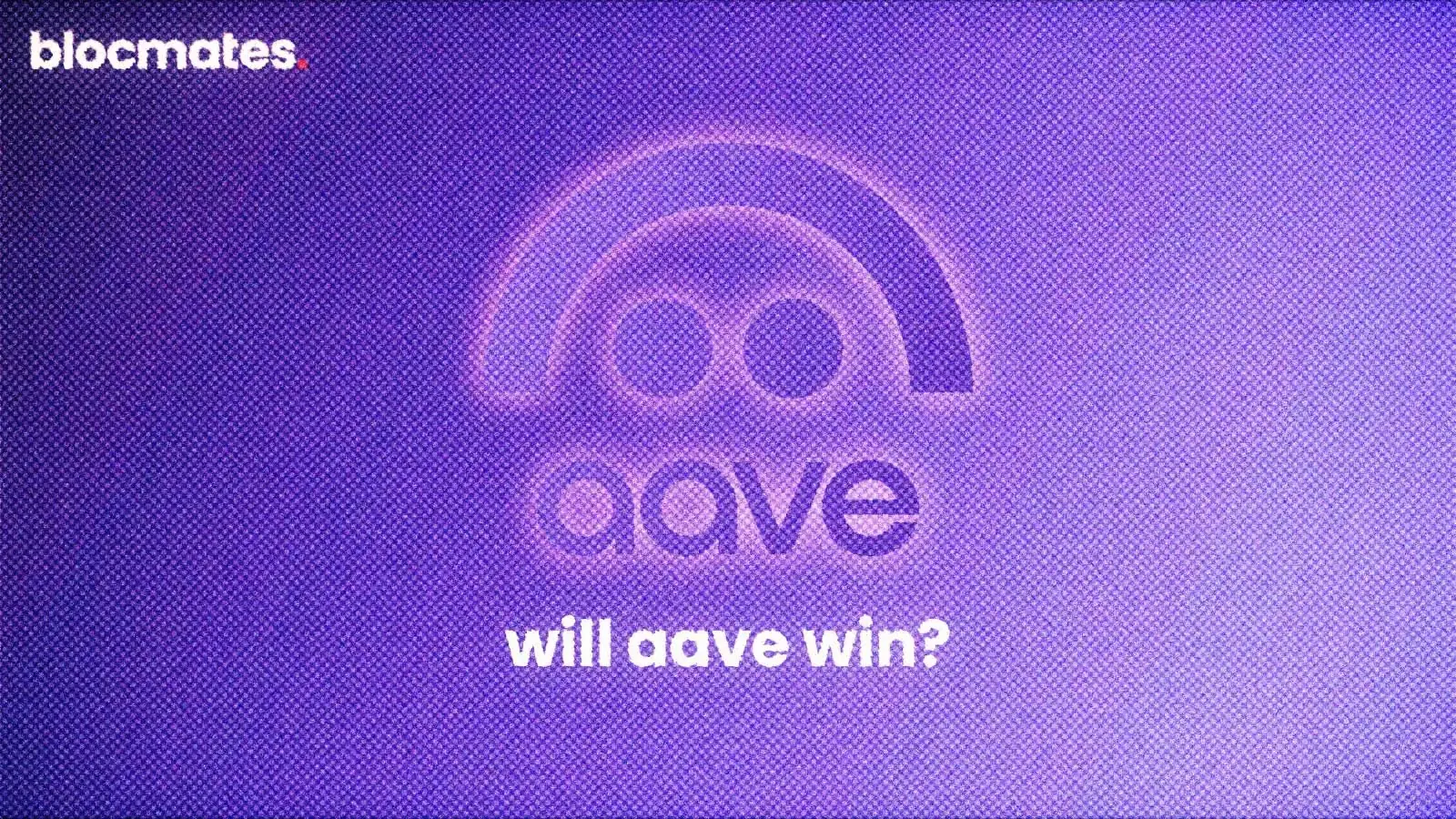

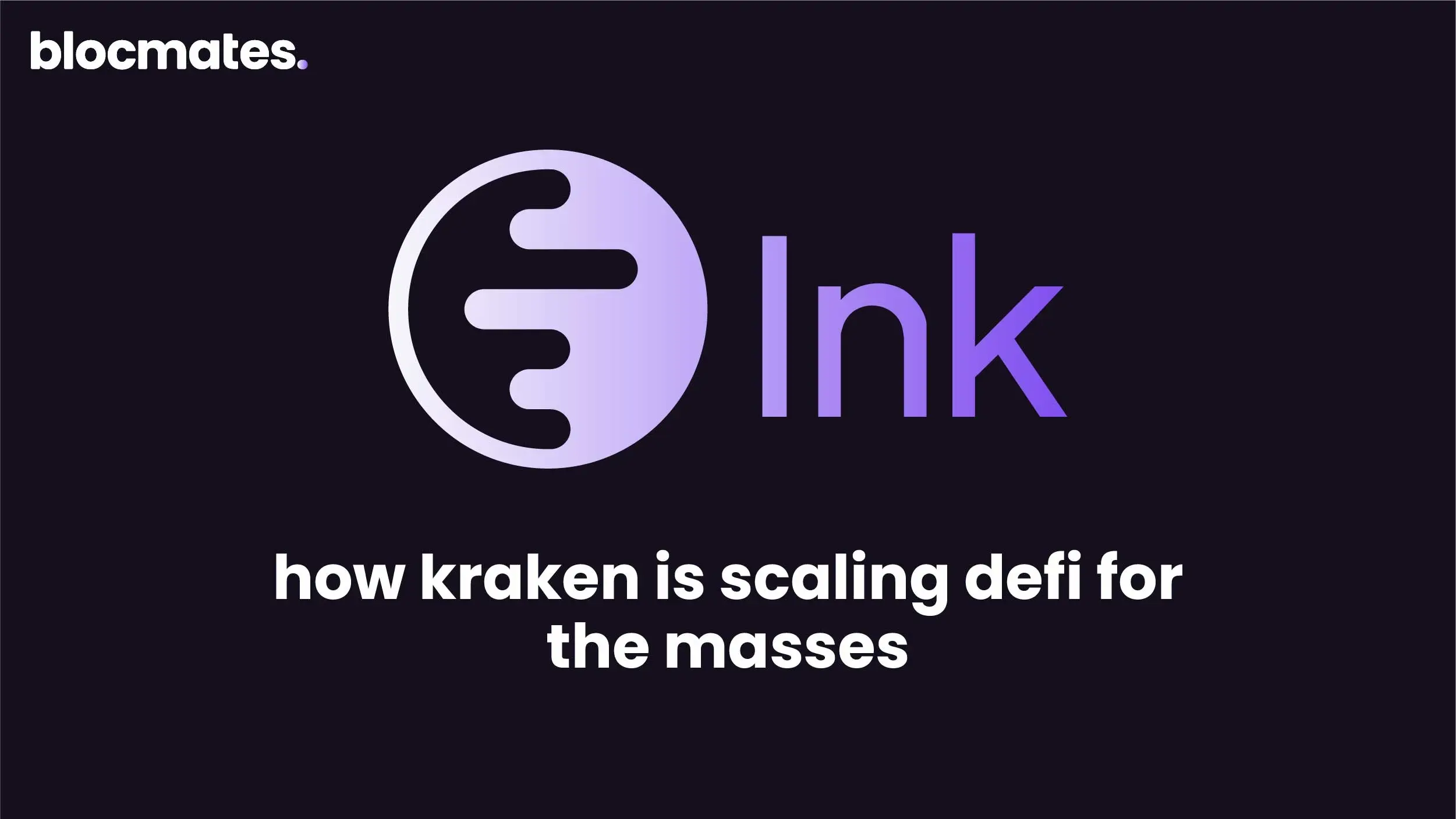
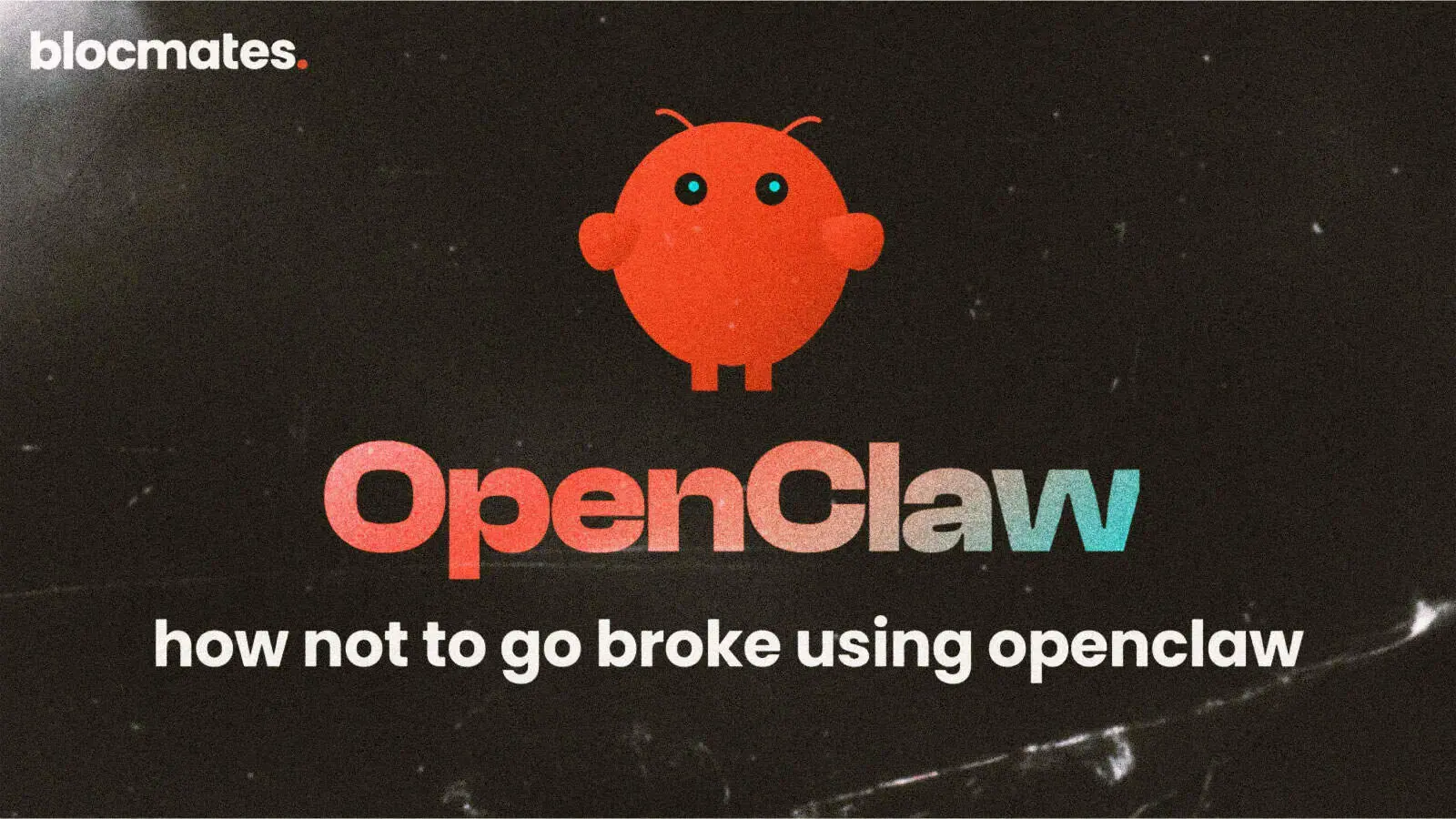
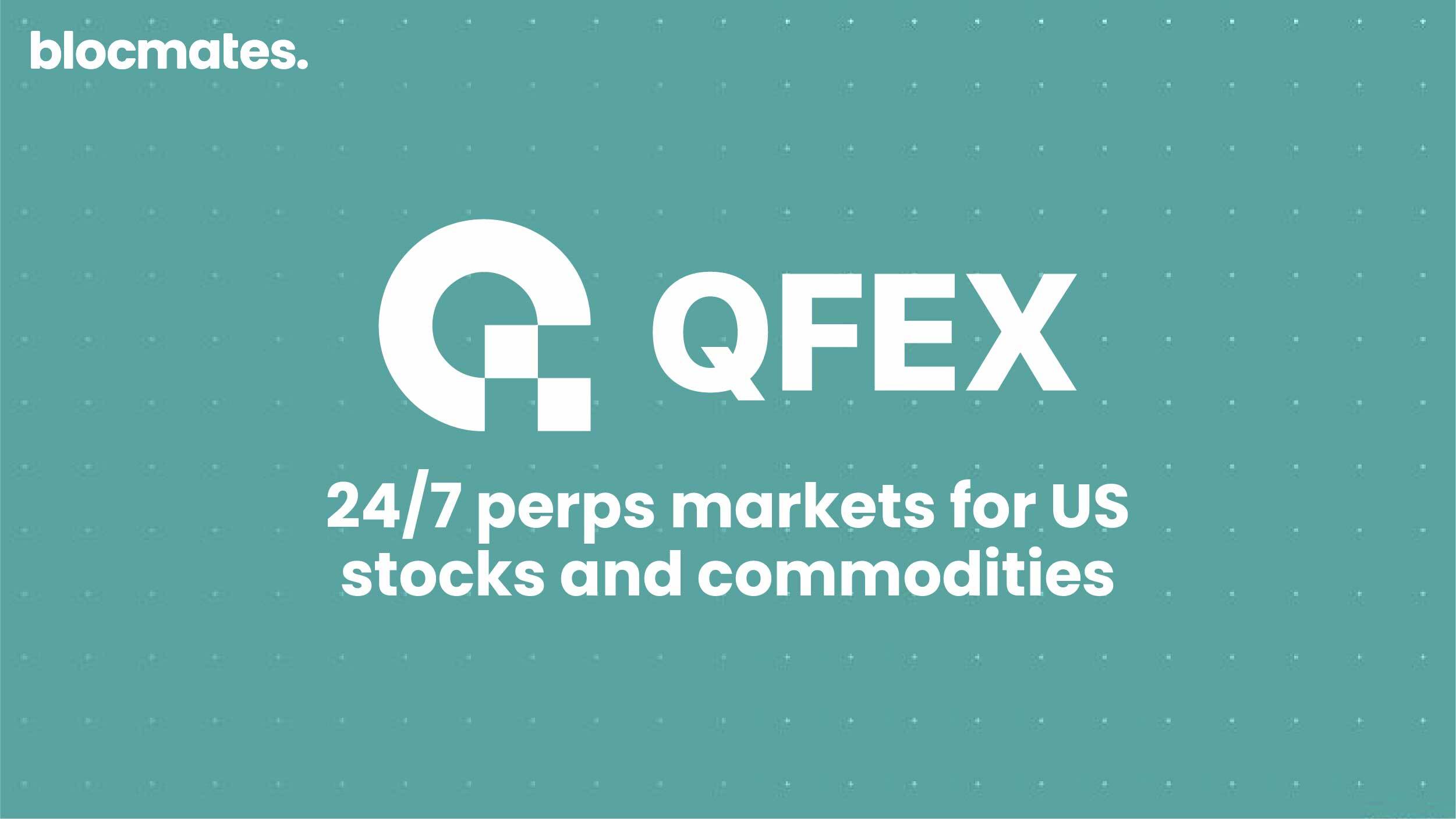
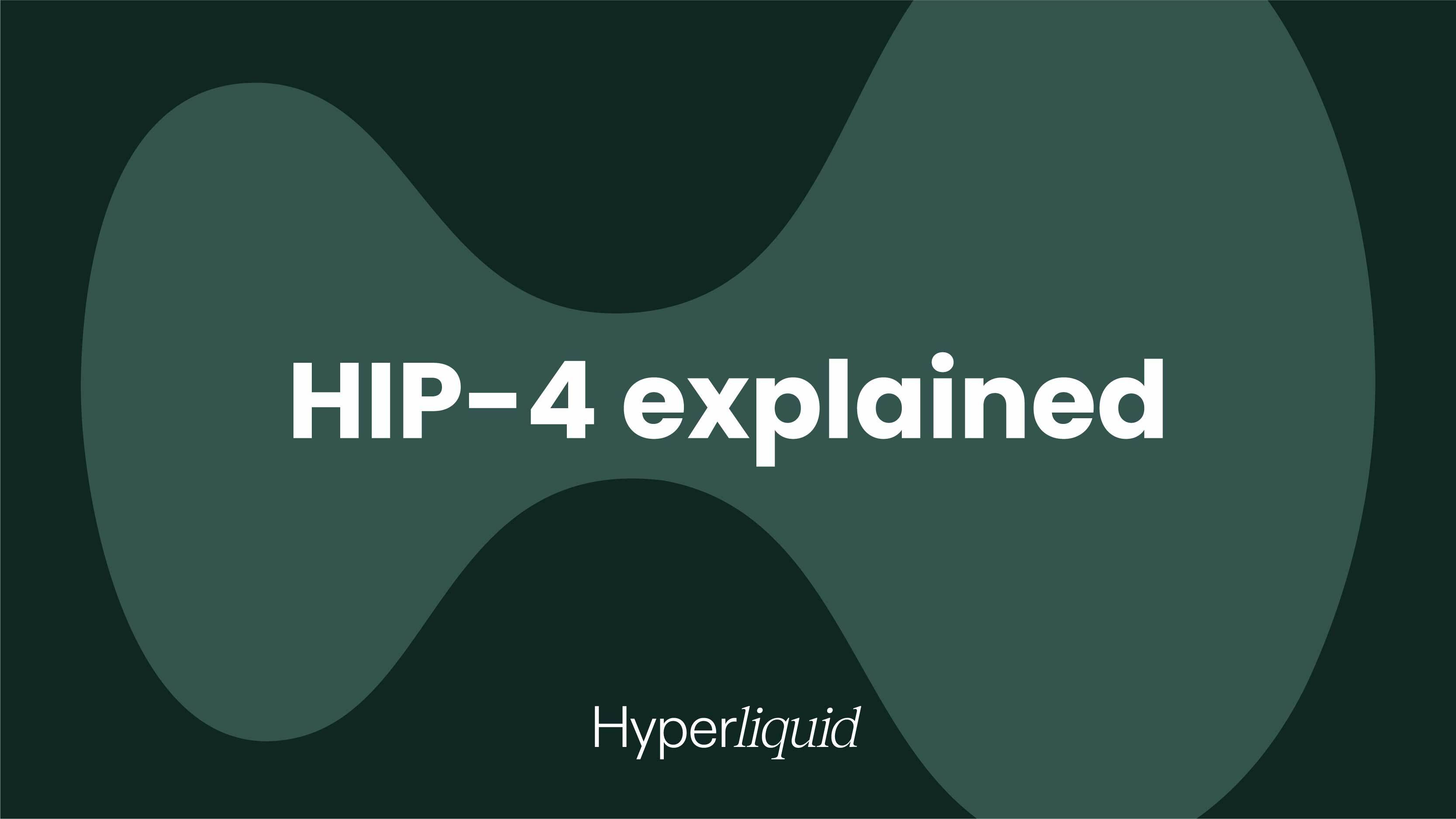


















.webp)

.webp)
.webp)

%20(1).webp)



























































%202.webp)


.webp)

.webp)
.webp)
.webp)


.webp)
.webp)

.webp)
.webp)
.webp)


.webp)
.webp)










.webp)


.webp)









.webp)







.webp)




.webp)


























.webp)







.webp)















.webp)

.webp)
.webp)

.webp)














.webp)

.webp)


.webp)








.webp)




